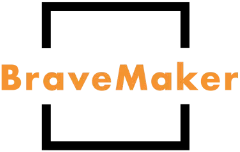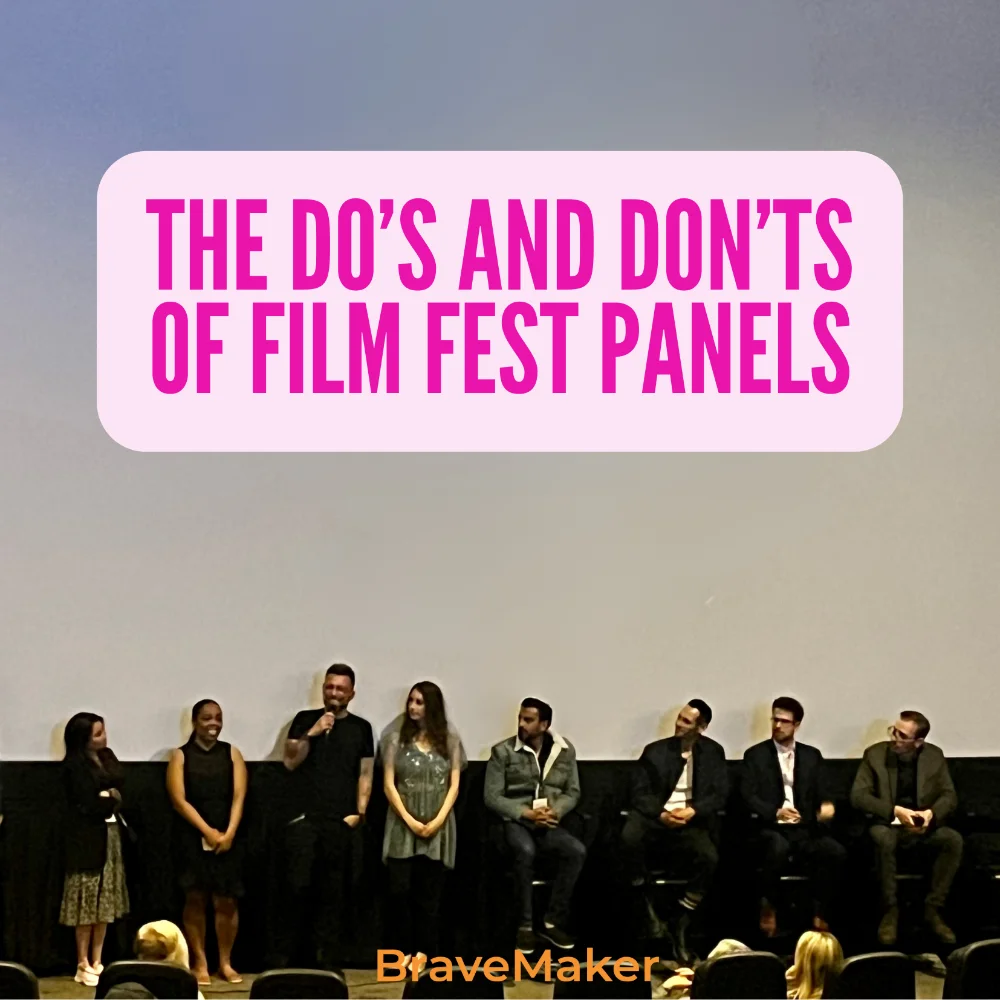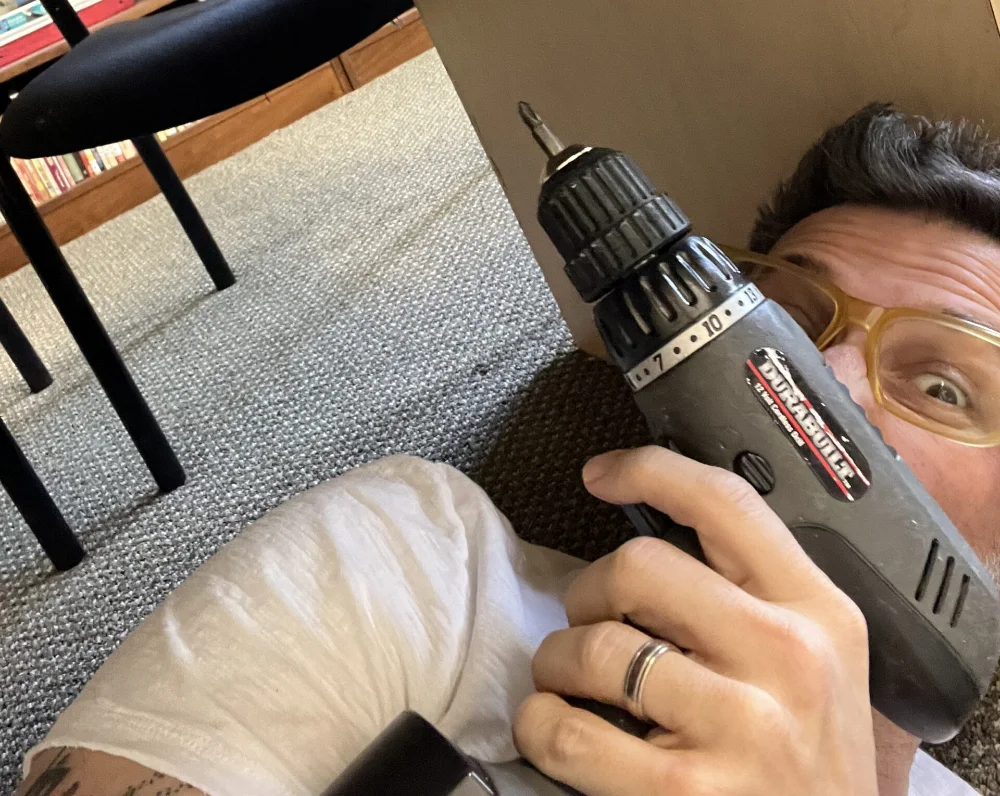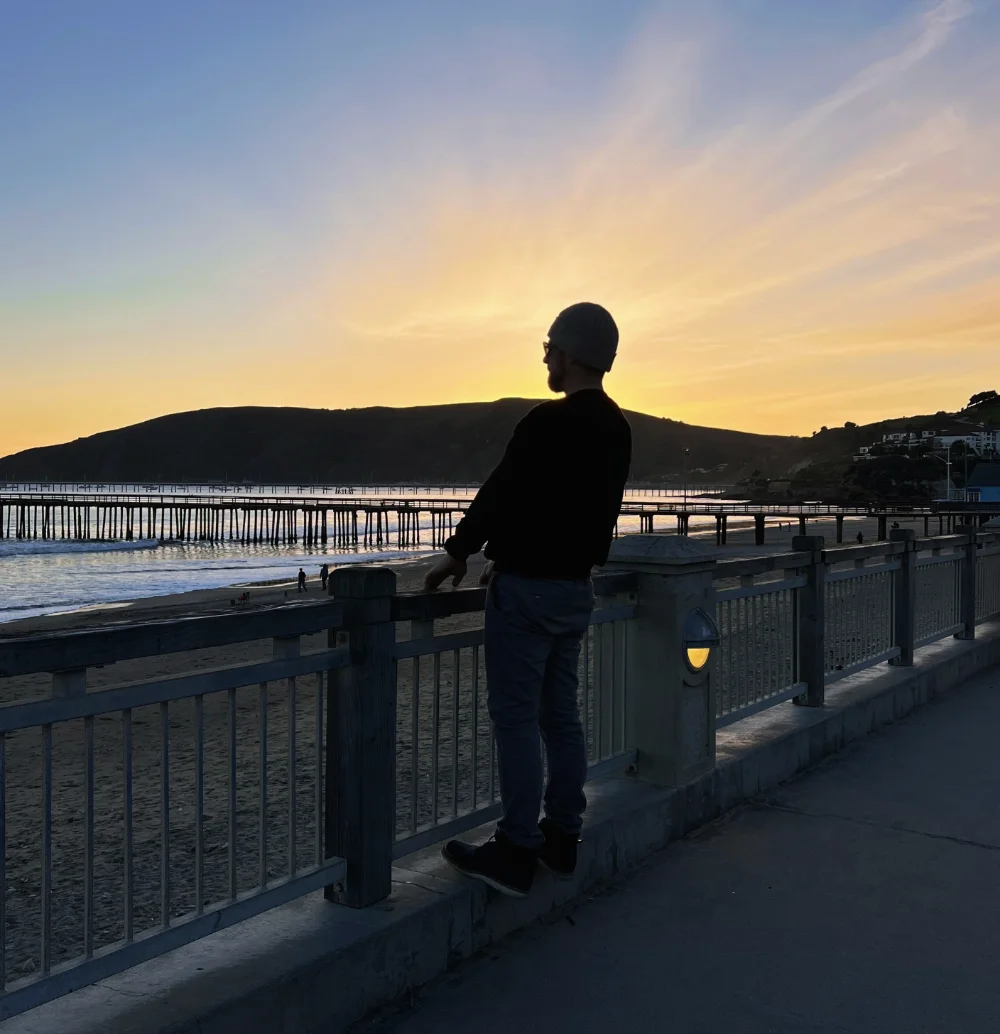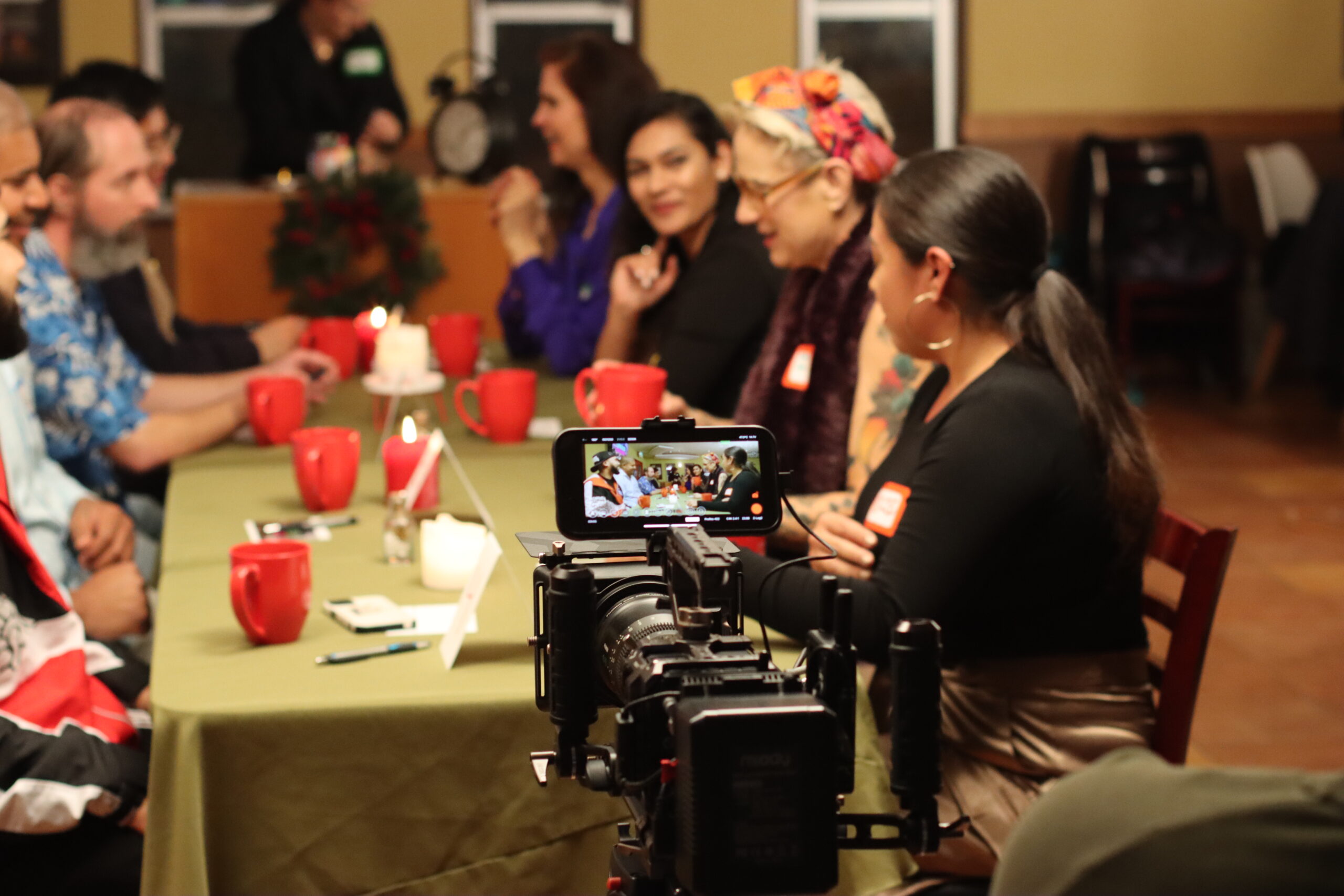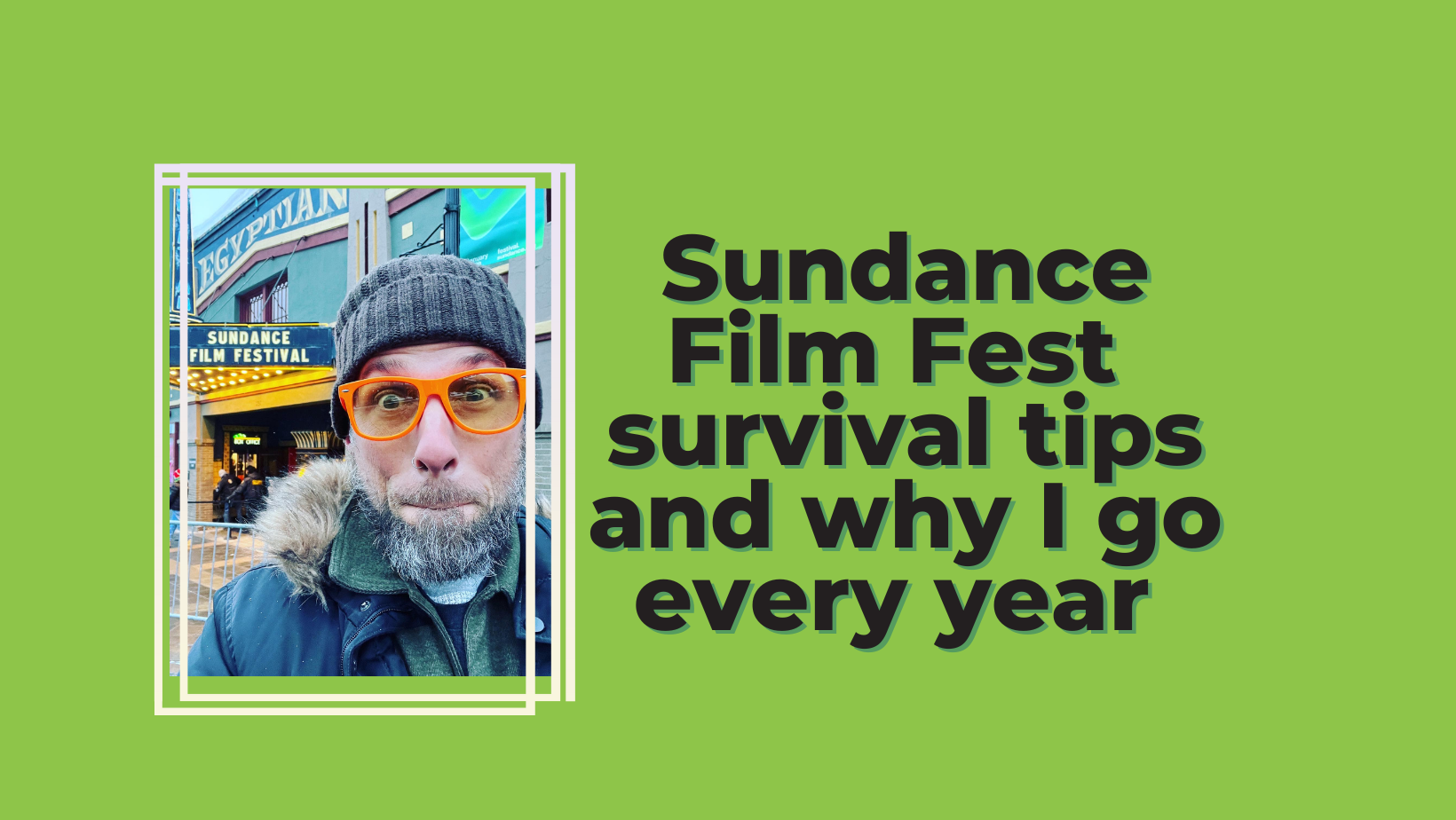Great. Start writing a script. Start now! You can do it anytime from anywhere.
Oh, you want to be a screenwriter who actually gets their scripts produced and makes some money doing it? Welcome to the club. That’ll take a little bit more time, hard work and a huge dose of perseverance. Guest what? You can still start now.
First, If you haven’t ever written a script, here’s what I suggest. You need time to learn.
- Read books. (There’s a bunch out there). Start somewhere. Maybe Syd Field’s, “The Foundation of Screenwriting.” But you choose. I have some on my IG.
- Listen to podcasts. Scriptnotes, On the Page, The Screenwriting Life, Bulletproof Screenwriting, No Film School and of course the BraveMaker podcast. There’s millions of podcasts, find one that works for you and listen religiously. I listen to two a day. It’s my free film school! (You can do “film school” online. Learn to write. Roadmap writers has great classes and experience you can do online! I also do consults if you want to hire me. Sorry shameless plug).
- Watch movies. Duh. You’re reading this because you already do and love them. Well, keep watching, old ones, new ones, good ones, bad ones and learn what makes them that way. I also made a bunch of shorts where I show the the “script to screen.” A great way to learn. Watch 1440 And Counting or Killer Couch.
- Then, read scripts. Back in the day, before people were civilized, they didn’t have the internet (that’s a joke). But seriously back in the day people had to buy scripts or go to libraries and check them out. Now, you can find Oscar winning scripts in two clicks and have the PDF on your iPad in seconds. So get to clicking and get to reading. I published my feature film script, Last Chance Charlene, on Amazon.
- Then, meanwhile (you can do all these learnings AND begin to) brainstorm ideas. I love whiteboards, note cards and post-it notes. I’m constantly writing down ideas, plot lines, characters, dialogue, locations, titles. Keep them all organized somewhere. I use both a notebook and that app by Google called KEEP. I also have a bulletin board where I pin up my story beats according to the 8 Sequences and my wife thinks I’m trying to solve a murder. Do what you gotta do.
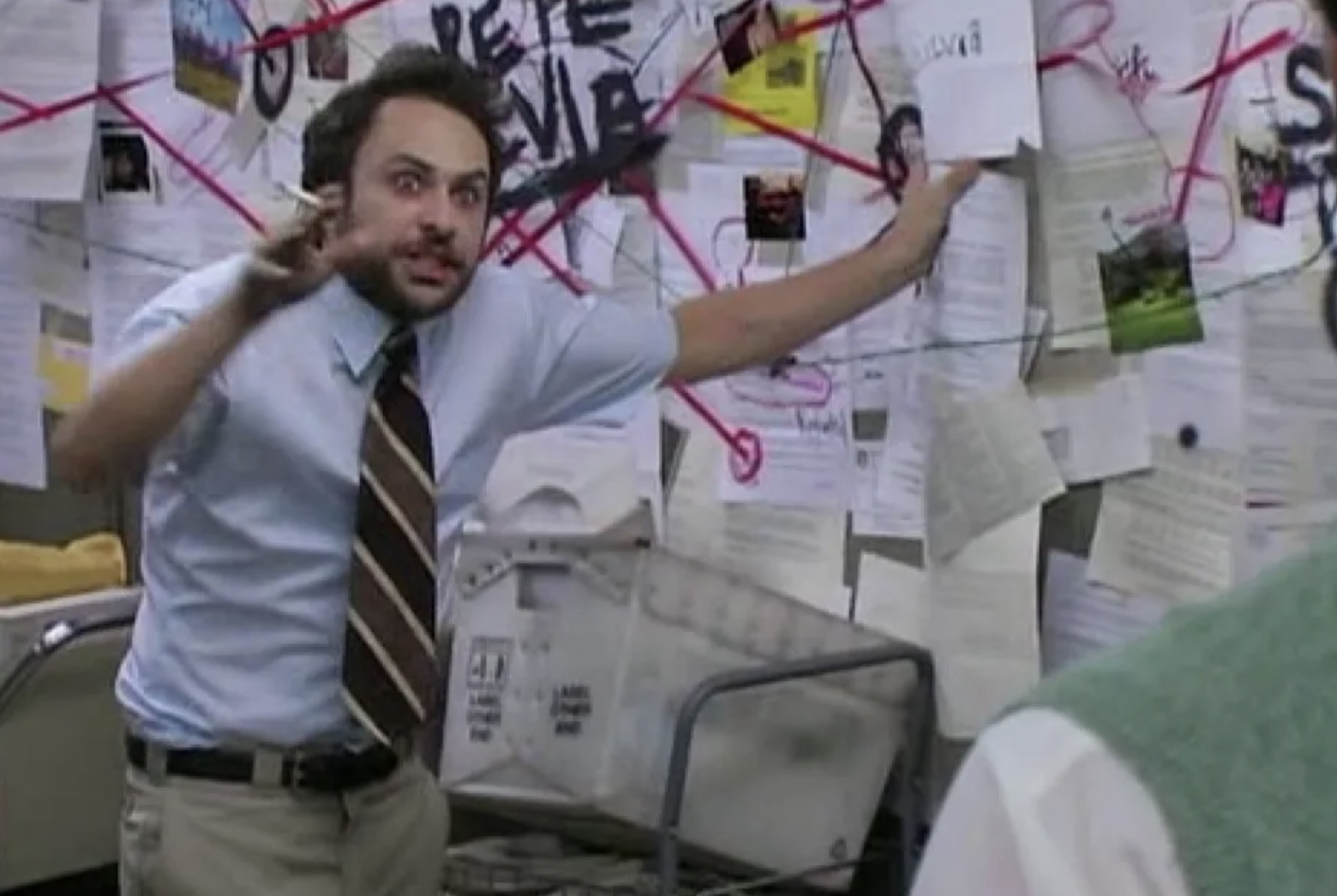
Ok, now that you have some ideas and story potential. Eventually you have to pick an idea to start actually writing.
Yep, you! Not A.I. YOU!
- I suggest writing a short film. Could you write a feature? Yes but that’s on you and takes more time. I say, write a few short films first. For your first, keep it short. Ten or under. I just recently wrote a 6 page short film that feels substantial and I’m putting together the crew to film it (more on that later). Give it a beginning, a middle and an end. Sometimes short films don’t have to have all three. It can have a beginning and middle. Or start in the middle and end. Watch this short video I did with some filmmakers about short filmmaking. A good story is about a character who wants something and has to overcome obstacles to get it, so that by the end the character has changed in some way (or not, up to you, but don’t be boring).
- Outline. Some love to, some hate to. You’ve got to figure out what works for you. Here’s the key to getting things made that you might eventually get paid for or at least be able to prove you can write, (if you can). Write the damn thing in a way that you can make it. Consider writing a story with locations you have access to. Have an apartment? Write a film that takes place there. It’s your first one. You’re going to be learning and it’s OK if you don’t get nominated for an Oscar. Wink wink if that’s your goal, get out now. I write my films to take place in my house, my office, my friend’s cafe, my neighborhood, my church building, etc.
- Get screenwriting software. Do not and I repeat, do not write in Word or on Google docs. You need professional software that will help you format the page in a professional way. WriterDuet.com and Celtx.com are easy online, and cheap (if not free). I use Final Draft, lots of people also use Highland (created by John August of Scriptnotes), or Fade In.
- Have some friends read it. Have actors read it. Get notes. Rewrite it.
- Do a table read. Once you’re past (or on) your third draft you’re ready (in my opinion) to cast your friends who are actors and get them to read together, in person or on Zoom (aka TABLE READ), whatever works for you. Record it. Ask for feedback. It still might be crap but that’s OK you’re learning. Keep going!
- Repeat steps nine and ten.
- Now, go make it. Pre-production: Secure your location(s), a cinematographer, a sound recorder and editor. Those are your most important crew members for a low budget short film. Sometimes multiple people can do multiple roles. I love DP/Editors, they are great to work with. Cast some good actors. Would it be great to have hair/make-up, wardrobe, production designers, gaffers and more? Yes. Try. Ask your friends to volunteer and feed them! Find a way to make it happen but know you can do a lot with a little. If you want extra points, use your own money and pay people. (Have a friend who wants to be a producer? I wrote a blog on this. Serious producers/filmmakers need to be fundraisers). Even paying people $25-$50 a day (I have done many short films in one or two days, it can be done). I did my short film ANDI with the smallest crew ever in my history, in one day, and I am proud of it. I did Killer Couch with a bit of a bigger crew one day with a few hours pick up on a second day and it’s one of my faves. I even acted in it.
- After you make it. Edit it. Get some help with sound and music. Lots of free/cheap ways to do it for your first time. Then share it. Host a premiere in your living room. Enter it into film festivals and/or put it on Youtube. Congrats you made a movie. Celebrate!
- Now write another and make it. Repeat all the steps and you’re on your way to being a screenwriter who also produces movies. (And maybe one day you’ll get paid to do it).
It’s taken me ten years from the first time I wrote a short to get my feature film, Last Chance Charlene, produced and distributed. I hope it doesn’t take another ten to get my second made, but this business is a marathon. You’ll need a lot of patience and perseverance (and money). If you need help, let me know. BraveMaker has lots of opportunities, workshops and classes. Meanwhile, find ways to make your life sustainable and when you figure that out, please tell me. I work three jobs and juggle a lot of things, but hey, I’m a screenwriter who also got my movies made. I’m living the dream. (Right?). At least that’s what I tell myself.
